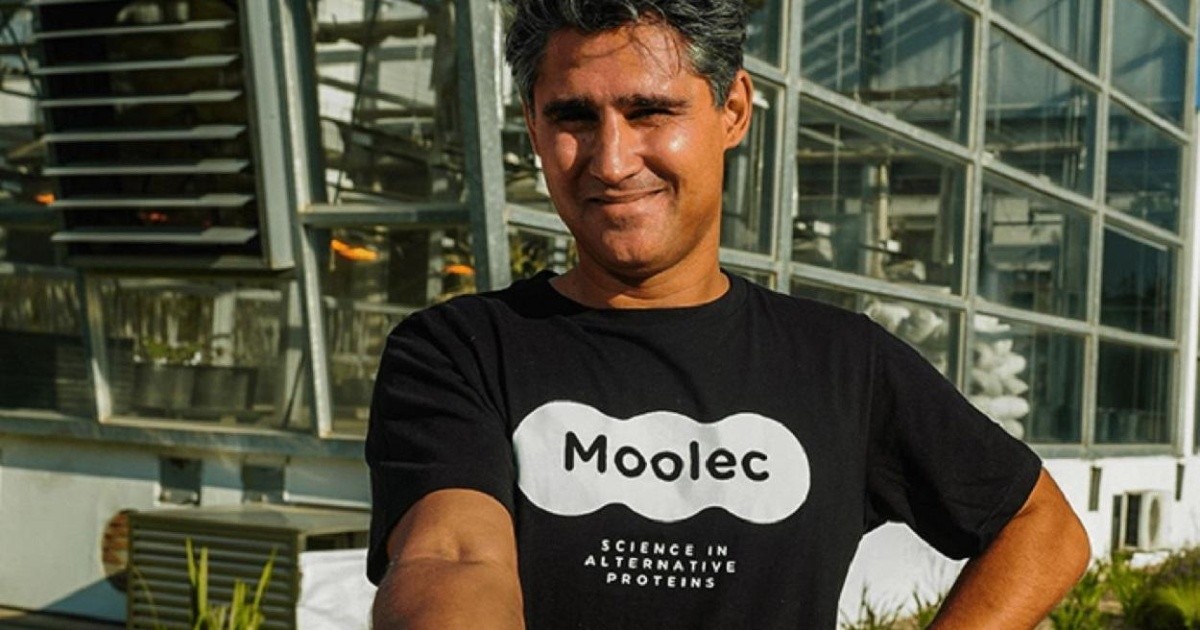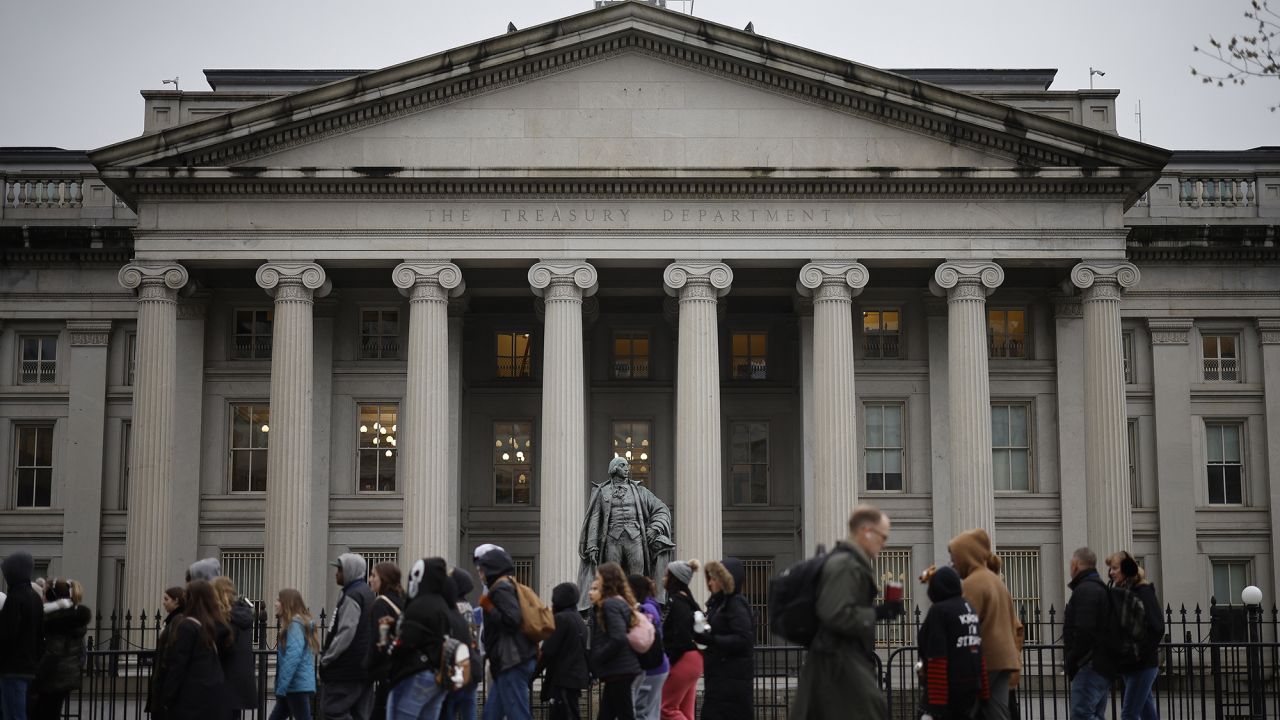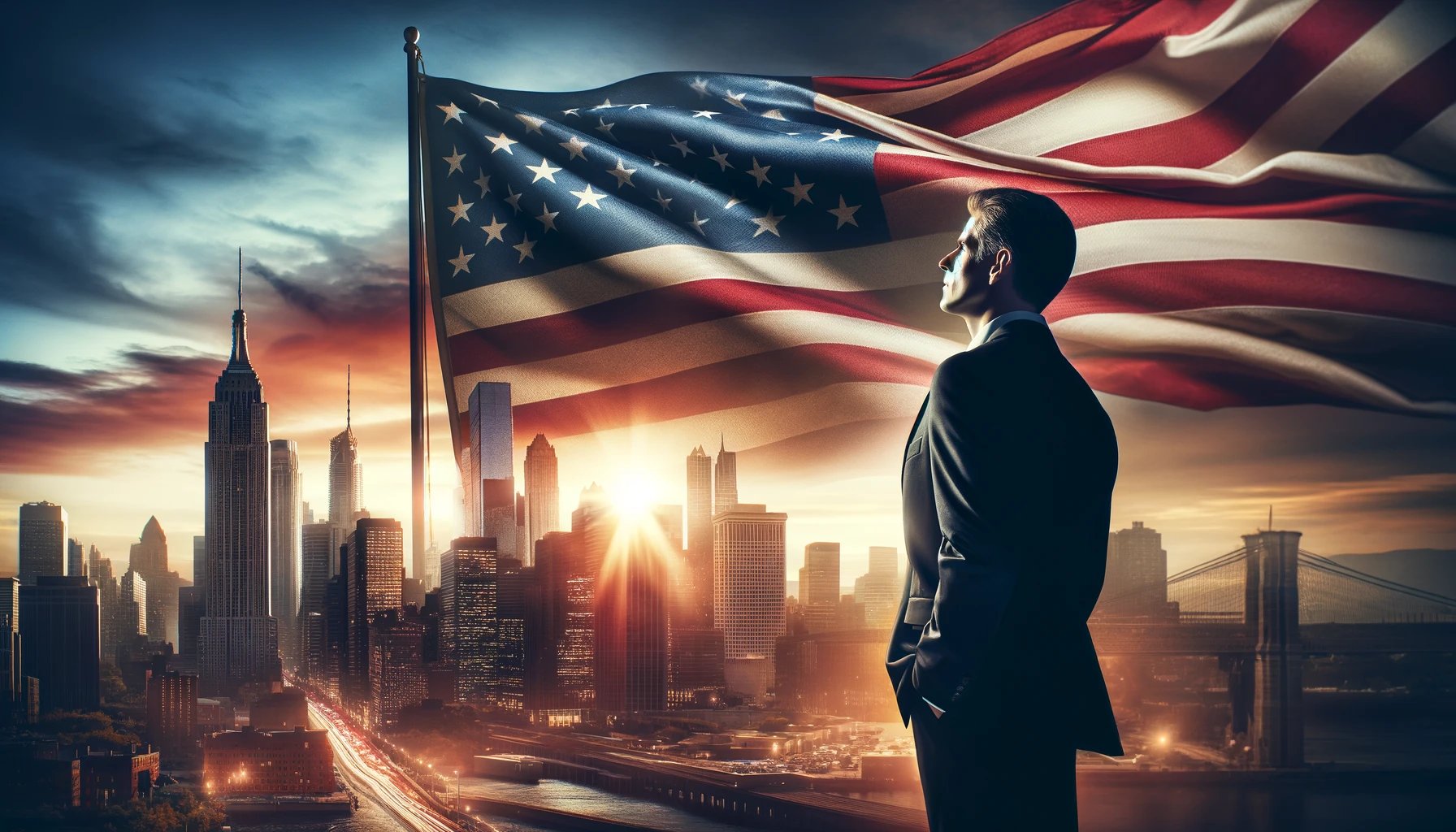The Second Amendment to Bear Arms was born out of reforms demanded by Jefferson, who did not want a government run by the financial and business sectors to have the potential to disarm and subjugate its constituents: the owners of small and medium rural land. The person who would be the third president of the United States believed that, from time to time, a controlled bloodbath was necessary to preserve freedom and democracy. An idea that never stopped flying over the United States to this day.
And therefore Is it the right that added the right to bear arms to the constitution? The answer is no. On the contrary, it was promoted by the most extreme member of the establishment, whom his contemporaries called “the Jacobins.”
For their part, the Conservatives achieved their goal of limiting democracy: they would always vote on a business day, the most important chamber of Congress would not have proportional representation, and senators would not be directly elected by citizens. But the decisive blow was the creation of an electoral commission, a mediator to elect the president. Since states invariably allocate nearly all of their electors to a winner, it has already happened five times (1824, 1878, 1888, 2000, and 2016) that whoever wins the presidency is not the candidate who gets the most votes. They have succeeded so far: five times reported as the most conservative candidate.
Two and a half months before the start of the French Revolution, George Washington He took over the newly established executive. His government reversed the rift: Hamilton went to economics and Jefferson to Chancery. Did not last. Jefferson closed the door.
The Conservatives even suspended freedom of the press to prevent Jefferson from becoming president. However, he came in the year 1800. He faced a fully appointed Supreme Court appointed by his opponents. Then the opposition judges came up with a brilliant idea: for the first time they began to declare laws unconstitutional. This waiver of jurisdiction does not appear in the constitution, it was an unpleasant episode of the Jeffersonian government that decided once again to swallow and accept anger. This is how interpretation is born ‘Constructivism’ From the Magna Carta: The Jeffersons didn’t want more surprises, so they insisted that the text should be interpreted verbatim, not expanded “Soul”. (At present, this interpretation is supported by the other side: Republicans argue, for example, that abortion, enshrined in the Supreme Court in 1973 as a right, represents “the illegality of legislation from the judiciary”).
To what extent has the division reached between the so-called “founding fathers”? Away: Jefferson’s Vice President assassinated opposition party leader Alexander Hamilton.
Despite this tension at the start of his administration, Jefferson decided to stick to his opponents’ rules: he agreed to continue his policies and did not seek re-election. In this way, he gave the final quality seal of what Washington had come up with: the unwritten rule of no more than two periods of 130 years was respected. Conservatives managed to preserve 90% of his legacy without discussion. Only then did the system become stable. Jefferson’s supporters were applying the government program to their opponents. As they did, they did not lose their voters but rather added a substantial portion of the Conservatives, and nearly one party status resulted. In the elections of 1820, for example, there was no direct opposition candidate.
Meanwhile, the tobacco plantation was deteriorating. The Virginia legislature has gone so far as to seriously consider abolishing slavery. But the invention of the Industrial Revolution would destroy the long-cherished end of that inhuman institution: the cotton gin. The invention of 1793 made harvesting and exporting this crop extremely profitable. Countries such as Alabama, Georgia and South Carolina were fully capable of exploiting this innovation. And they do it like this.
Blacks began to be transported en masse into the Deep South. Slavery lost its expiration date: it generated an even more terrible rift, which, contrary to what had been expected, the passage of time made matters worse. The evidence lies in the hardening of slavery: the emancipation of slaves was prohibited, they were encouraged not to teach them to read and write, the separation between families deepened and the treatment became increasingly harsh.
At the same time, the Napoleonic Wars were fought on the external front. Perhaps no country has benefited from such European conflicts as the United States: it has stopped paying its debts to the French, arguing that the true creditor had unfortunately separated his head from his body (Louis XVI), and doubled his territory in 1803 after he bought it after Napoleon Louisiana, launched the northern states in Imports-substitute industrialization replaced Europeans in much of the Caribbean trade. The United States was changing its positions according to its convenience until the Empire of the time finally decided to put the points. The Yankees became so daring that, in conjunction with the French advance in Europe, they planned again to invade Canada in 1812. The British decided to teach them a hard lesson: not only did they defeat them, they set two symbols on fire, the Capitol and the White House
Even with defeat in that war, progress and expansion seemed to have no limits. The country was growing, but slavery was growing, too. The North and South were increasingly different: the North needed more German and Irish immigrants for its manufacture, and the South needed more slaves for the economy of exporting agricultural products. The North did not want more slave states, and the South did not want more free states. Necktie.
This association was resolved by the new western states, which chose to ally with the south. He reached the presidency in 1828 the first Intruder: General Andrew Jackson. The traditional political class shivered and rightly so.
The founder of the current Democratic Party, a pro-slavery president, won and did not adhere to its rulings since he did not control the Supreme Court; Nor did it control the parastatal bank that regulates credit and currency, but rather shut it down.
During Jackson’s second term, a ship arrived at New York Harbor carrying a French official whose mission was to investigate the new country’s prison system. Far from doing so, this thinker spent his travel expenses traveling through the new republic to try to understand its society and system of government. How did democracy work in that country and not in yours?
Alexis de TocquevilleDuring his nine-month trip to the United States, he became convinced that the disagreements between North and South no longer had a peaceful solution. And he was not wrong.
Click here to see the first part.
Political analyst.





